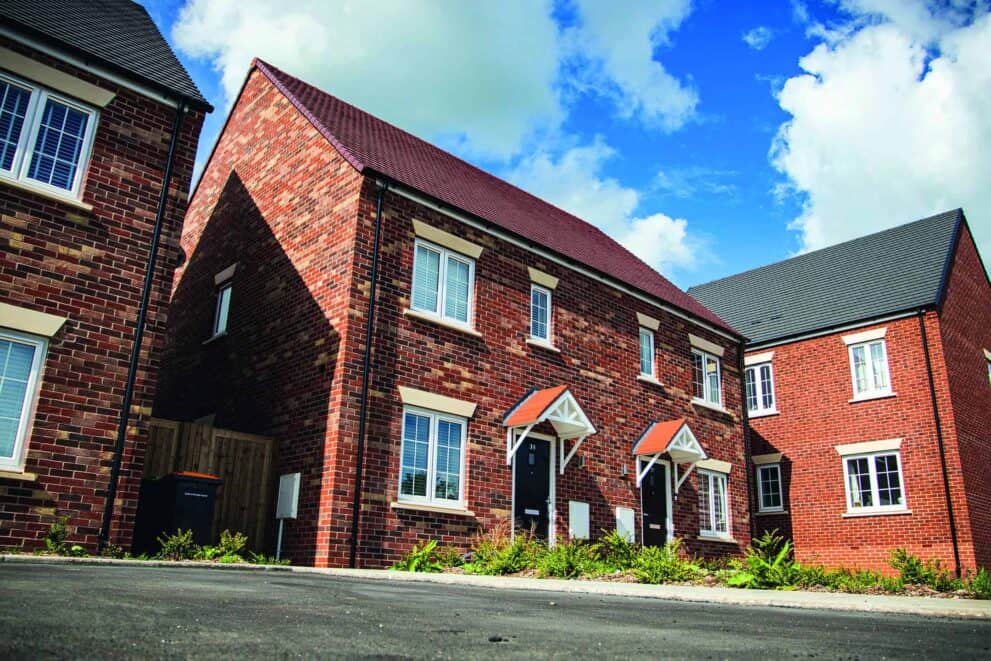Roofing is among the most physically demanding and high-risk professions within the construction industry. Working at height, handling tools and materials in unpredictable weather, and operating on uneven or unstable surfaces all contribute to the daily hazards roofers face. Despite these risks, one area often overlooked by self-employed roofers and small roofing businesses is insurance – particularly public liability insurance.
This type of insurance plays a crucial role in safeguarding roofers from financial hardship, legal complications and reputational damage if things go wrong. Whether you’re replacing a residential roof, repairing gutters, or taking on larger commercial contracts, having appropriate public liability cover could be the difference between resolving a claim smoothly or facing significant financial loss.
Roofing professionals face more exposure to potential third-party claims than many other trades. Falling debris, damage to nearby property, and injuries to clients or pedestrians are not uncommon. Understanding how public liability insurance supports you in these situations is key to protecting your business and reputation.
Why Roofers Need Public Liability Insurance
Roofing work comes with unique and heightened risks. Even with the highest safety standards in place, accidents can still happen. When they do, the consequences can be serious. Public liability insurance covers the cost of claims made by members of the public for injuries or property damage caused by your work. For roofing professionals, this type of cover is essential for both financial security and long-term business viability.
Common On-Site Accidents and Property Damage
A common on-site accident scenario involves roofing materials falling and damaging a car parked below or causing injury to a passer-by. Accidental damage to windows, walls or nearby structures is also a frequent issue when working in residential areas. Without insurance, the roofer would be personally liable for medical bills, property repairs and any associated legal costs.
Real Financial Risks of Being Uninsured
The financial consequences of operating without insurance can be severe. A single claim from an injured third party could result in legal fees, medical costs and compensation running into tens of thousands of pounds. If you are self-employed, this could wipe out your income or lead to long-term debt. Even minor incidents, such as accidentally breaking a client’s skylight or damaging their garden tiles, can result in unexpected costs that are difficult to recover from. For many roofers, the cost of a claim without insurance would far outweigh the annual premium.
Client Expectations and Professional Reputation
Clients are increasingly aware of the risks associated with roofing work and expect contractors, including roofers, to carry the appropriate insurance. Many residential and commercial clients won’t sign a contract or allow work to begin until they see proof of public liability insurance. Larger contracts, particularly with property developers or local authorities, often include insurance requirements as part of their terms.
Insurance also supports your reputation as a roofing professional. Being properly insured signals professionalism and responsibility. On the other hand, working without cover could not only cost you jobs but also lead to negative word-of-mouth or even legal disputes that damage your long term reputation.
Legal and Business Requirements
While public liability insurance is not a legal requirement in the UK, it is strongly recommended for roofers due to the nature of the job. If you work with larger building firms, commercial clients or local authorities, you’ll likely be required to show proof of insurance before being allowed on-site.
Some local councils and contractors include this as a mandatory clause in tender documents or subcontractor agreements. Without it, you risk being disqualified from bidding or working on particular projects.
If you employ staff, you are legally required to hold employers’ liability insurance. In many cases, licensing bodies or trade associations will also expect you to carry adequate liability cover to retain membership or certification.
Key Benefits of Having Coverage
Having public liability insurance offers several clear benefits for roofing professionals:
Protection from third-party injury claims
Falling roofing materials, tools and debris can cause serious injuries to members of the public. Your insurance will cover medical expenses and compensation if someone is injured due to your work.
Cover for accidental damage to client property
Mistakes happen, and damage to surrounding property is a real risk in roofing. Insurance pays for repairs or replacements without the roofer having to personally cover the cost.
Legal defence and claim support
If a claim is made against you, your insurance policy includes legal support to defend your business and cover court costs. This is particularly helpful if a claim is disputed or escalates into a more complex case.
What’s Typically Covered (and What’s Not)
A public liability insurance policy for roofers generally covers:
- Third-party injuries resulting from your roofing work
- Accidental damage to third-party property
- Legal expenses for defending claims
- Compensation settlements
However, most policies do not cover:
- Injuries to your employees (instead covered under employers’ liability insurance)
- Damage to your own tools or equipment (separate tool cover is required)
- Poor workmanship (unless it results in third-party damage)
- Contractual liabilities that extend beyond standard public liability risks
Always read your policy documents carefully to understand what is and isn’t covered.
Cost Factors for Roofing Insurance
The cost of public liability insurance for roofers varies based on several factors:
Business size and turnover play a major role. A sole trader will typically pay less than a company employing a larger workforce.
Location also matters, with roofing businesses in high-risk or urban areas likely to pay more due to greater exposure to third-party claims.
Type of roofing work is considered. Working with flat roofs, slate tiles, or commercial sites can carry different risk levels.
Claims history affects premiums. A business with previous claims are likely to face higher costs.
Coverage limits – most policies start at £1 million, but many contractors require at least £2 million or £5 million of cover.
On average, UK roofing professionals can expect to pay between £250 and £1,500 per year for public liability insurance, depending on the above factors.
Choosing the Right Policy
When selecting a public liability insurance provider, look for insurers with experience covering tradespeople and high-risk professions like roofing.
Ask questions such as:
- Is roofing explicitly included in the policy?
- What are the limits of indemnity?
- Are subcontractors covered under the same policy?
- Are there any height restrictions in the policy wording?
Compare quotes from multiple providers to ensure you’re getting value, but don’t choose solely based on price. Coverage quality and claims support are equally as important.
Other Useful Insurance Types for Roofers
While public liability insurance is essential, there are other policies that provide added protection for roofing professionals:
Employers’ liability insurance: Legally required if you employ staff, covering injuries or illness to employees due to work.
Tool insurance and equipment cover: Protection for tools from theft or accidental damage, on-site or in transit.
Contract works insurance: Covers unfinished work or materials on-site in the event of fire, theft, vandalism or weather damage during the construction phase.
Together, these policies form a comprehensive protection plan for your roofing business.
Get Protected with Confidence
Roofing comes with real risks, but the financial impact of third-party claims doesn’t have to fall on your shoulders. Public liability insurance offers essential protection against accidents, damage and legal action, giving you the peace of mind to focus on the job at hand.
Visit BuildSafe today to compare quotes for roofers and find tailored, competitive public liability insurance for your business. Our team is here to help you confidently choose the right policy and get the protection you need.
FAQs
Do subcontractors need their own insurance?
Yes. Unless subcontractors are included in your policy as bona fide employees or under your liability terms, they must carry their own insurance.
Can you work without insurance legally?
Technically yes, if you are self-employed and do not employ others. However, it is strongly advised against, as a single claim could lead to financial ruin.
How fast can you get coverage?
In most cases, you can get a public liability insurance policy online or over the phone the same day, with instant confirmation and documents sent by email.






